
The Business of Fashion
Agenda-setting intelligence, analysis and advice for the global fashion community.

Agenda-setting intelligence, analysis and advice for the global fashion community.
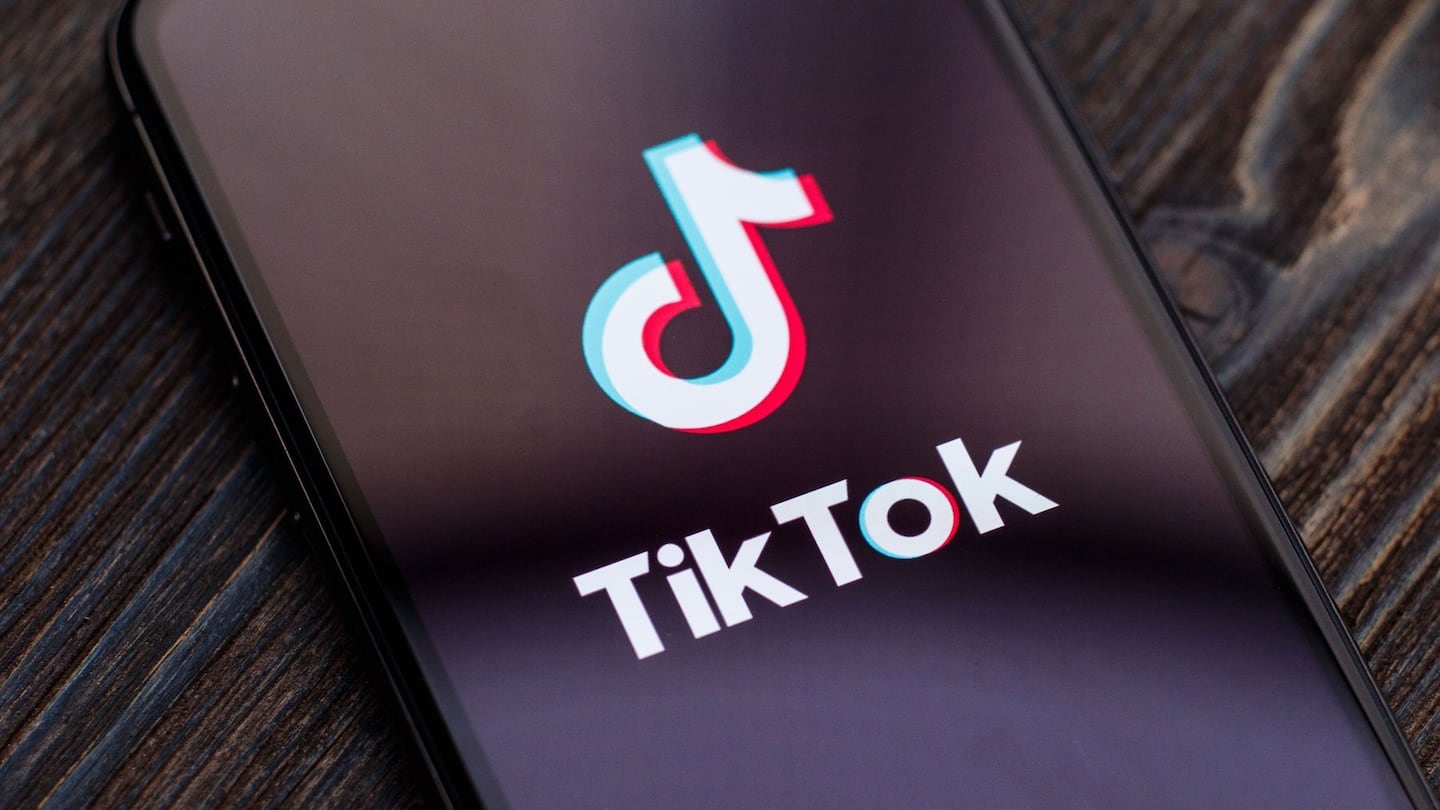
We may be entering the twilight of TikTok’s golden age.
This week, a bipartisan group of lawmakers in the US House of Representatives introduced a new bill that would give its China-based parent company ByteDance six months to divest TikTok or face a ban in the US, where it says it currently clocks more than 170 million users.
It’s hardly the app’s first threat from the US government — a similar effort in the Senate stalled last year, and a Montana law set to ban the app in the state was blocked by a federal judge in November — but this time could be different. Already, Speaker of the House Mike Johnson has voiced his support for the bill, which advanced out of committee on Thursday with a unanimous bipartisan vote. It could head to a full House vote as soon as next week. This week, TikTok began asking users in select states to call lawmakers on its behalf.
But even as legislators dial up the pressure, TikTok’s greatest threat may actually be TikTok itself.
ADVERTISEMENT
TikTok exploded in popularity during the pandemic and has since become a major force not only in social media, but the fashion industry. The app has shaken up fashion’s trend cycle, driven sales and become a crucial marketing tool for brands.
More recently, ByteDance has made moves towards its goal of turning TikTok into an e-commerce power player like its Chinese equivalent Douyin. The company had experimented with shopping concepts on the app since 2021, and in September launched TikTok Shop. The tab inside the app represented its most prominent effort to use its addictive algorithm to drive sales and usher social shopping, tried and tested by the likes of Meta and Amazon, with mostly underwhelming results, into the West.
By sales metrics, TikTok Shop’s rollout could be considered a success. In just a few months, the app became a serious player in the game of pushing ultra-cheap products — taking a share of wallet from Shein, according to Michael Maloof, Earnest Analytics strategy and marketing director.
But the rollout saw immediate pushback from users. For months, TikTok has bumped shopping videos up in the algorithm and flooded For You pages with teenagers hawking products. Critics have slammed the experience as uncurated and messy, populated by dirt-cheap or scammy products. The response has put a damper on the Shop’s appeal to brands, and left a big question mark around the app’s potential as a legitimate marketplace.
The Shop backlash has contributed to growing public sentiment, seen everywhere from New York Times articles to Reddit threads, that TikTok is losing its magic. On the fashion front, users say it went from the go-to spot to find new products, trend inspiration, styling tips and more to an endless bombardment of blatant sales pitches.
Prioritising promotion of ultra-cheap tchotchkes could lessen the app’s appeal for higher-end brands, many of which had only recently started to embrace TikTok after initially being wary of its laid-back, casual tone.
That’s not the only complaint. Users are also fatigued with the impossible-to-keep-up-with viral trend cycle, and the potential to become an internet star overnight has led to a proliferation of cheap, baiting content. The app’s monthly average users dropped around 10 percent year-over-year each month since September, according to digital insights firm Data.ai.
“There’s been such a shift. If you asked me 12 months ago, it’s where I was getting all my new brands and new ideas. It’s not the neutral platform it once was,” said influencer and makeup artist Rose Gallagher.
ADVERTISEMENT
A rocky launch was to be expected with something like TikTok Shop, according to Michael Felice, partner in Kearney’s communications, media and technology practice.
“Anytime you’re launching into a new monetisation vertical there’s hiccups,” Felice said.
It’s what TikTok does next that’s critical to the app’s future.
“[TikTok] is going to realise they can alienate their audiences and they need to better understand the user experience and expectation for how I’m interacting with TikTok,” said Felice. “It’s not to be sold to.”
That doesn’t mean the app can’t sell products. TikTok clearly has a knack for combining social media and commerce in a way its competitors could never figure out. It just needs to make the experience feel more natural by toning down the number of shopping videos that appear in the feed, and giving users a sense they have a choice whether to use TikTok for shopping or entertainment.
Despite some defections, most of those users remain loyal. Even amid her frustration, Gallagher said she’s spending as much time as ever on the app. Growth may be slowing, but that’s also a side effect of the fact that so many Americans are already on TikTok. And it is still gaining older users: 33 percent of US adults use it, up from 21 percent in 2021, according to a 2023 study by Pew Research.
Backlash to a social media platform is inevitable — Instagram has lived through countless waves of consumer pushback, from abandoning the chronological feed in 2016 to its own mostly-shunned shopping feature. Though it’s no longer considered the hot, high-growth platform of the moment, Instagram is still a major player in the social media ecosystem, and in particular, remains a crucial tool for the fashion industry. In some ways, much of the backlash TikTok is facing is simply just the natural motions of platform growth.
Even as lawmakers set TikTok in their sights again, there’s less appetite for a ban than there was even a year ago: the share of US adults who said they would support a US TikTok ban declined from 50 percent in March 2023 to 38 percent in December, according to Pew. For better or worse, TikTok has become a part of American life, and that means fashion brands can’t ignore it, even as its evolution continues.
ADVERTISEMENT
“You have the eyeballs, you have the engagement. The daily active users are through the roof on an app like TikTok. That’s incredibly powerful,” said Felice.
THE NEWS IN BRIEF
FASHION, BUSINESS AND THE ECONOMY
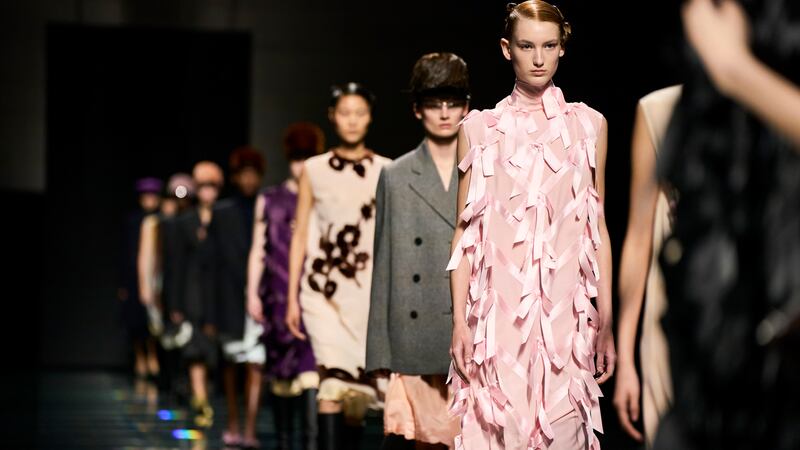
Prada defies luxury slowdown as Miu Miu sales surge 82 percent. Prada Group’s retail sales accelerated at year end, rising 17 percent in the fourth quarter. For the full-year, net revenues rose by around 12 percent to €4.73 billion ($5.17 billion), breezing past the mid-term target of €4.5 billion set by management in 2021.
Ferragamo’s operating profit down 44 percent as it works to revive sales. Earnings before interest and tax came in at €72 million ($79 million), down from €128 million a year earlier though ahead of forecasts. The company reported in January an 8.1 percent drop in sales.
Hugo Boss’ 2024 outlook misses expectations amid slowing demand. Earnings before interest and taxes (EBIT) of €430-475 million ($468-$517 million) were up from €410 million in 2023 but below analysts’ consensus estimate of €490 million in a company-provided poll.. The company’s shares dropped 17 percent to €52.30.
Nordstrom’s weak 2024 forecasts overshadow strong holiday-quarter sales. The company expects 2024 revenue to be between down 2 percent and up 1 percent. The department store chain’s shares fell about 4 percent after the bell.
Abercrombie revenue-growth forecast shows signs of slowing. The company, which is particularly popular among millennials and Gen-Z, has experienced five consecutive quarters of revenue growth, but said it expects full-year net sales to rise 4 percent to 6 percent, down from 21 percent growth in the prior fiscal year.
Gap reports upbeat quarterly sales on improving demand for Old Navy apparel. The company’s shares rose 4 percent after the bell. Gap expects fiscal 2024 net sales to be flat compared with $14.89 billion in 2023.
Activist investors raise Macy’s buyout bid to $6.6 billion. Investment firms Arkhouse Management and Brigade Capital Management are offering to acquire Macy’s stock they don’t already own for $24 per share. The bid is 14 percent above its previous offer from December.
Shein UK breaches company law by failing to disclose human owner. UK companies are legally required to declare their ultimate human beneficial owner or “person with significant control.” This breach of company law could disrupt the firm’s reported plans to consider listing in the UK.
Victoria’s Secret falls on weak guidance in faltering turnaround. The company expects net sales of $6 billion this year, short of the average analyst estimate and weaker than last year. The shares plunged as much as 26 percent.
Foot Locker pushes back long-term sales growth plan. The retailer’s strategic plan, unveiled a year ago, involves diversifying brand offerings, opening new store formats and bolstering loyalty programmes. The company now looks to hit that goal by 2028.
JD.com approves $3 billion buyback after revenue beat estimates. The online retailer reported sales of 306.1 billion yuan ($42.6 billion) from October to December, with a better-than-expected 3.6 percent rise in revenue, helped by a broader product lineup and price cuts to target cost-conscious Chinese consumers.
Target joins the crowd of big US retailers seeking store expansion. The retailer is adding 300 stores to its fleet. This new expansion marks a major change in strategy following years of store closures and warnings of a “retail apocalypse” caused by the rapid growth of online shopping.
EU Parliament and EU Council agree to ban products made with forced labour. The bans would be enforced on goods made outside the EU by forced labour and on products manufactured in the EU with parts made abroad by forced labour. The provisional agreement still needs to be formally approved by the European Parliament and the Council to be enforced.
EU regulators to decide on Tapestry deal for Michael Kors owner by mid-April. The $8.5 billion acquisition of Capri Holdings will be decided on by April 15. The European Union’s competition enforcer can clear the deal with or without conditions after a preliminary review.
A new US trade bull aims to incentivise fashion nearshoring and circularity. The Americas Act earmarks billions of dollars to support businesses involved in resale, waste sorting and recycling. This is a part of a wider move to reduce America’s reliance on Chinese manufacturing.
THE BUSINESS OF BEAUTY
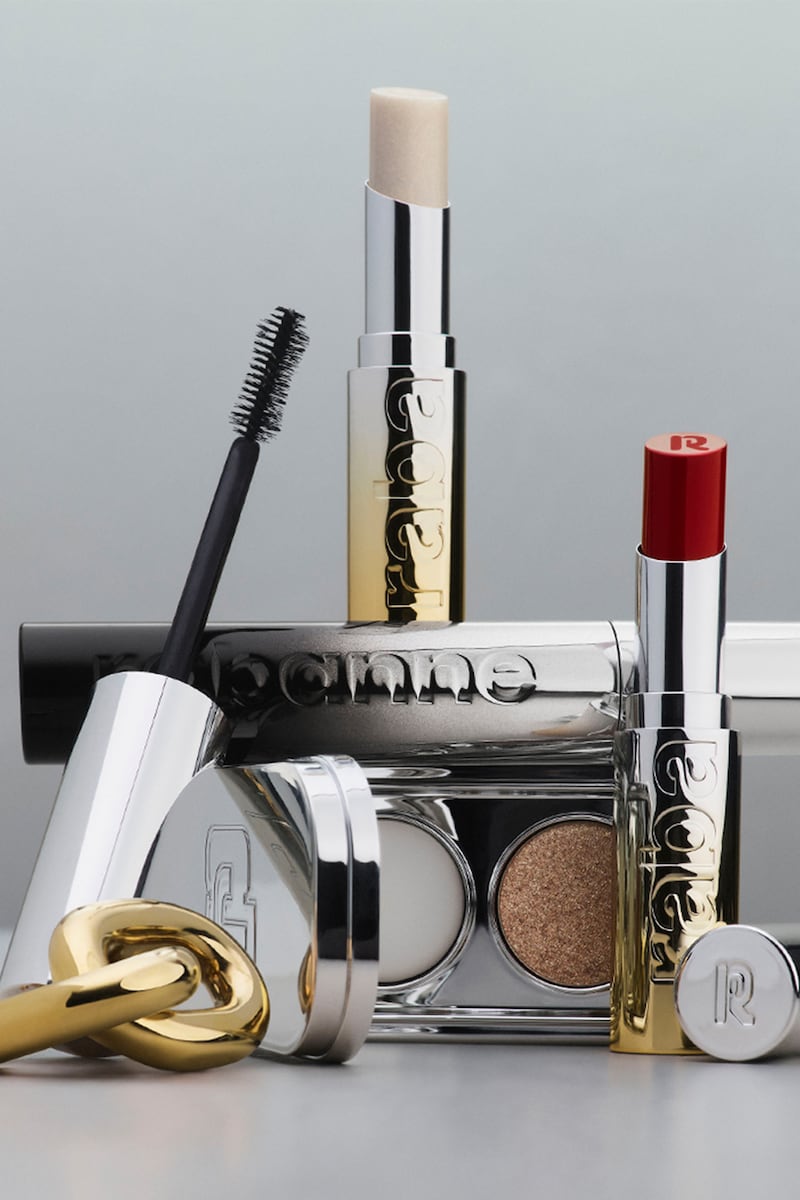
Puig sales rose 19 percent to €4.3 billion in 2023. The Spanish conglomerate is on track to hit its goal of €4.5 billion in annual sales by 2025 ahead of schedule. Earnings before interest, taxes, depreciation, and amortisation rose 33 percent to €849 million ($925 million).
Carlyle launches sale of Japanese cosmetics supplier Tokiwa in $800 million deal. Non-binding bids for the company are expected by mid-March, three sources with knowledge of the matter told Reuters. Potential buyers include private equity firms and several cosmetics companies, the sources said.
Cancer-causing chemical found in Clinique and Clearasil acne treatments. High levels of benzene were detected in the treatment, said independent US laboratory Valisure. Estée Lauder shares dropped 3 percent following the report.
EQT’s Galderma seeks to raise $2.3 billion in a Swiss listing. The IPO in Zurich will comprise mainly new shares issued by Galderma and a smaller tranche of existing shares sold by owners. The company reported about $4.1 billion in net sales in 2023.
PEOPLE
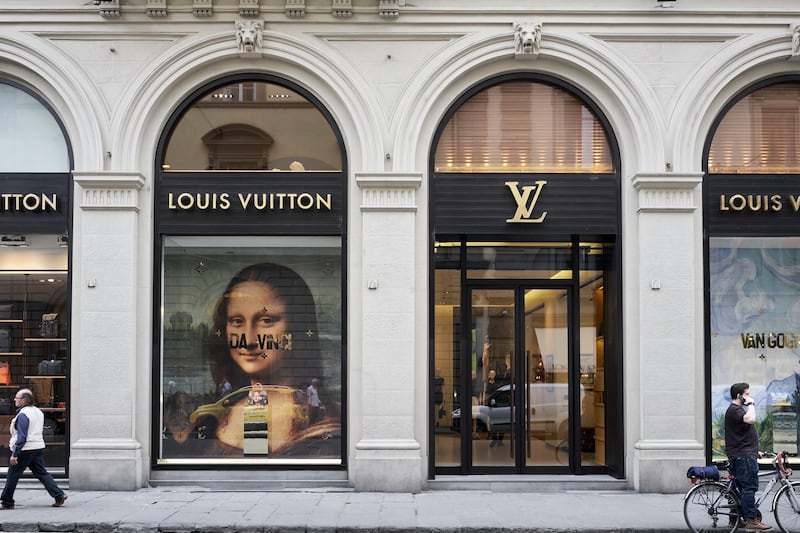
Senior Vuitton executive to join Michael Burke at LVMH fashion group. Pierre-Emmanuel Angeloglou, currently executive vice president in charge of strategic missions at Louis Vuitton, will move to the unit overseen by Burke, who he previously reported to when Burke headed Louis Vuitton.
Louis Vuitton signs French rugby star Antoine Dupont as its latest ambassador. The move is part of parent company LVMH’s “premium partnership” with the Olympic and Paralympic Games taking place in Paris this summer. A statement indicated that further developments of the LVMH-Olympics deal “will be revealed very soon.”
MEDIA AND TECHNOLOGY
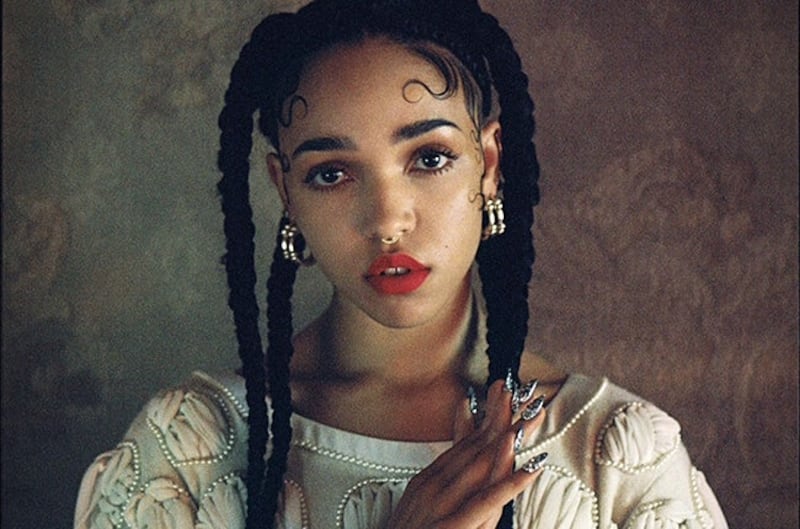
Ban on Calvin Klein’s FKA Twigs ad revoked after ASA climbdown. UK’s Advertising Standards Authority has backtracked on its decision citing the “strength of public feeling.” The ASA had originally said the ad presented her as “a stereotypical sexual object.”
Wallpaper names Bill Prince editor-in-chief. Prince joins the London-based title, succeeding Sarah Douglas, who left the fashion, architecture and design publication after 16 years.
Compiled by Yola Mzizi.
The stylist is set to unveil a bi-annual print magazine and digital platform, with a team that includes Holly Shackleton and Fran Burns.
Luxury book publishers — and husband and wife — Prosper and Martine Assouline join BoF founder and editor-in-chief Imran Amed to discuss the genesis of their publishing business and how they are growing it into a global lifestyle brand.
Now under the ownership of British publisher Future, both Marie Claire and WhoWhatWear are contending with how to grow their new parent’s US operations in the ever-challenging media landscape.
Fast Company has named The Business of Fashion one of the ‘world’s most innovative companies’ for a second time for demonstrating ‘how a media brand can leverage AI to add reader value rather than erode trust with AI-written news articles.’